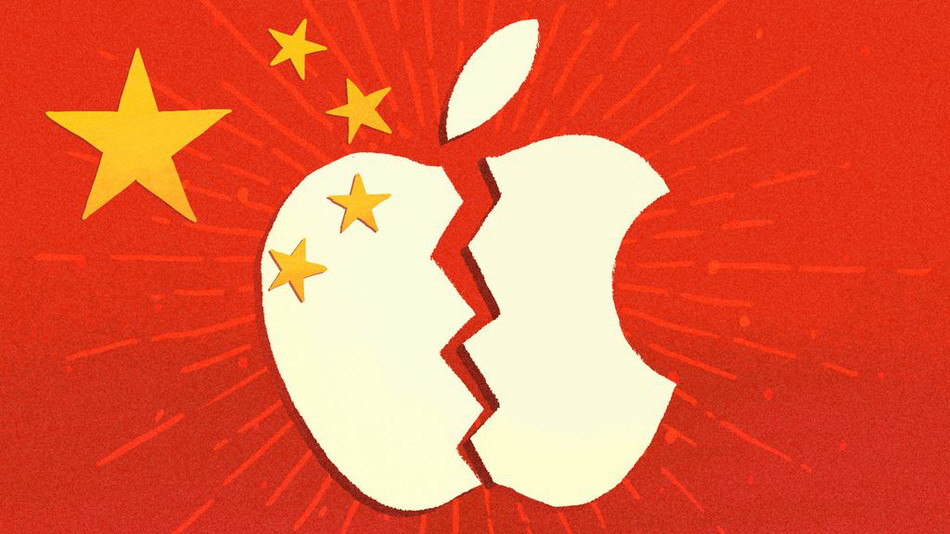Apple has reportedly caved into the China government’s request again. The tech giant has removed a song by Hong Kong-based artist Jacky Cheung that referenced the 1989 Tiananmen Square Massacre, reports the Hong Kong Free Press.
The song, the title of which translates to “The Path of Man,” was the theme music of the 1990 film A Chinese Ghost Story II. According to the late James Wong, who penned the lyrics, parts of the song were directly referring to the 1989 Tiananmen Square crackdown.
Chinese netizens have reported that the song was missing from Apple Music’s China service. Its removal was verified by Stand News, and the song was also nowhere to be seen on Tencent’s streaming service QQ Music.
The Hong Kong Free Press says the move has fueled speculation that the Chinese government was ramping up efforts to censor mentions of the June 4 incident, as this year would mark the 30th anniversary of the massacre.
The article adds that netizens also discovered that the songs of Hong Kong singer Anthony Wong were taken down from Apple Music’s China service. All songs from his band Tat Ming Pair were removed, except for one titled “Do you still love me?” The songs of Hong Kong pro-democracy singer Denise Ho were similarly delisted, with the singer’s name not showing up in searches at all.
Fast Company reports that Sophie Richardson, China director at Human Rights Watch, wrote on Twitter that the removal of the song was “spectacularly craven.”
The article notes that this wouldn’t be the first time Apple censored content in China. The emoji of the Taiwanese flag is restricted on devices on the mainland. In 2017, Apple removed all major VPN (Virtual Private Networks) apps from its local App store, which helps users overcome the country’s “Great Firewall.” Service providers slammed the move, calling it a “dangerous precedent.”

VPNs are the most common way to bypass China’s Great Firewall, which blocks multiple global websites, such as Google, Facebook, Twitter, or news sites like The New York Times.
In January 2018, The Wall Street Journal reported that Apple was handing its China cloud operations over to a state-owned partner Guizhou-Cloud Big Data Industry Co. (GCBD). China law requires companies to store customer data collected in the region locally. With the handover, photos, documents and messages uploaded by Apple users throughout the country will be stored at a data center in the southwest province of Guizhou.
Amnesty International — an organization that “works to protect women, men and children wherever justice, freedom, truth and dignity are denied” — blasted Apple over its “betrayal” of millions of Chinese iCloud users by “recklessly” making their personal data vulnerable to the arbitrary scrutiny of the Chinese government.
And in 2017, The Free Enterprise Project , a conservative shareholder activist organization called on Apple and Amazon “to recommit to protecting human rights after both companies recently, and hypocritically, bowed to Chinese government pressure regarding Internet censorship.” The FED, which focuses on shareholder activism and the confluence of big government and big business, points out that both companies routinely attack federal- and state-level government actions in the U.S. under the supposed banner of human rights, but have quickly abandoned those principles to do Beijing’s bidding.
